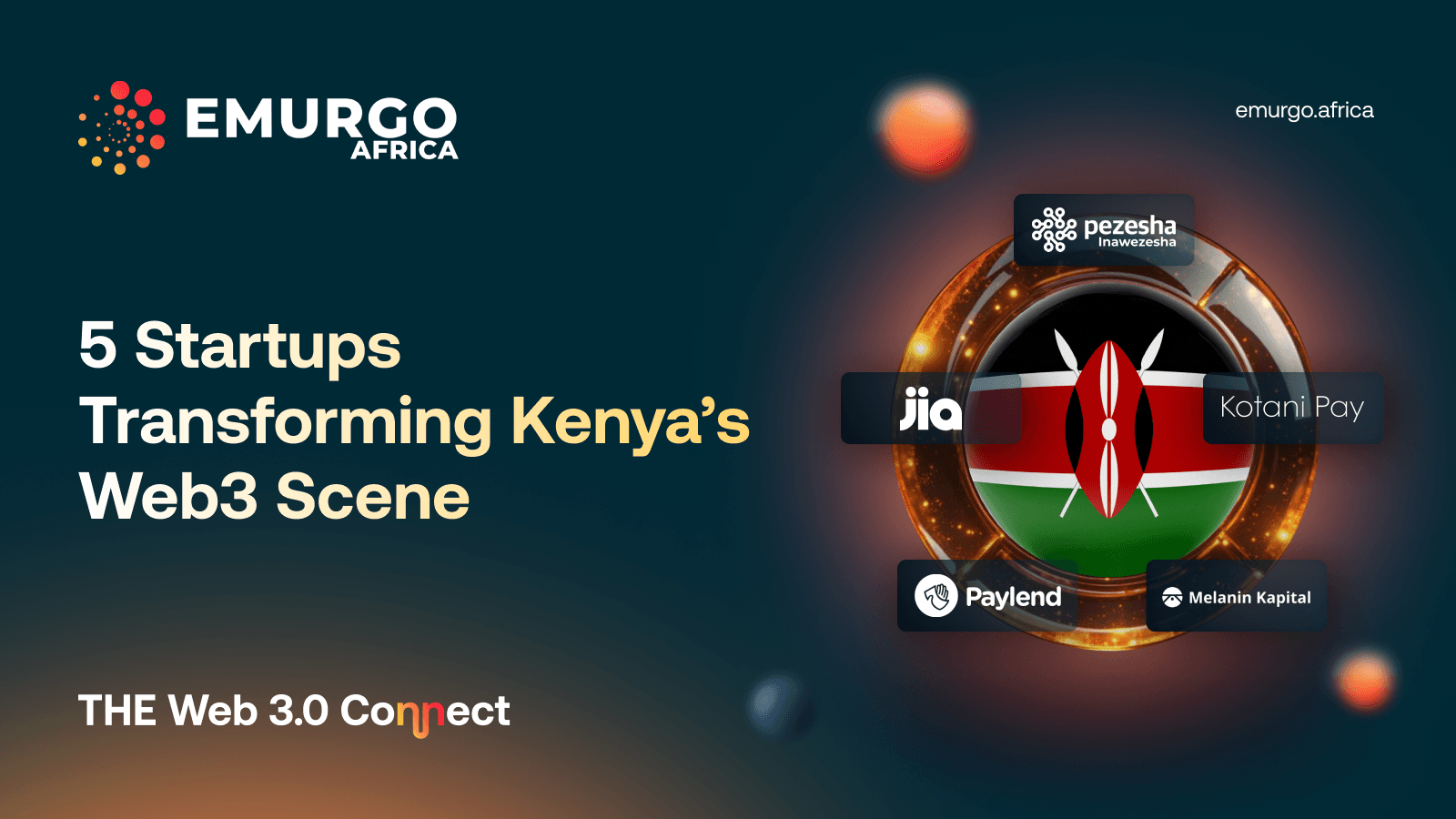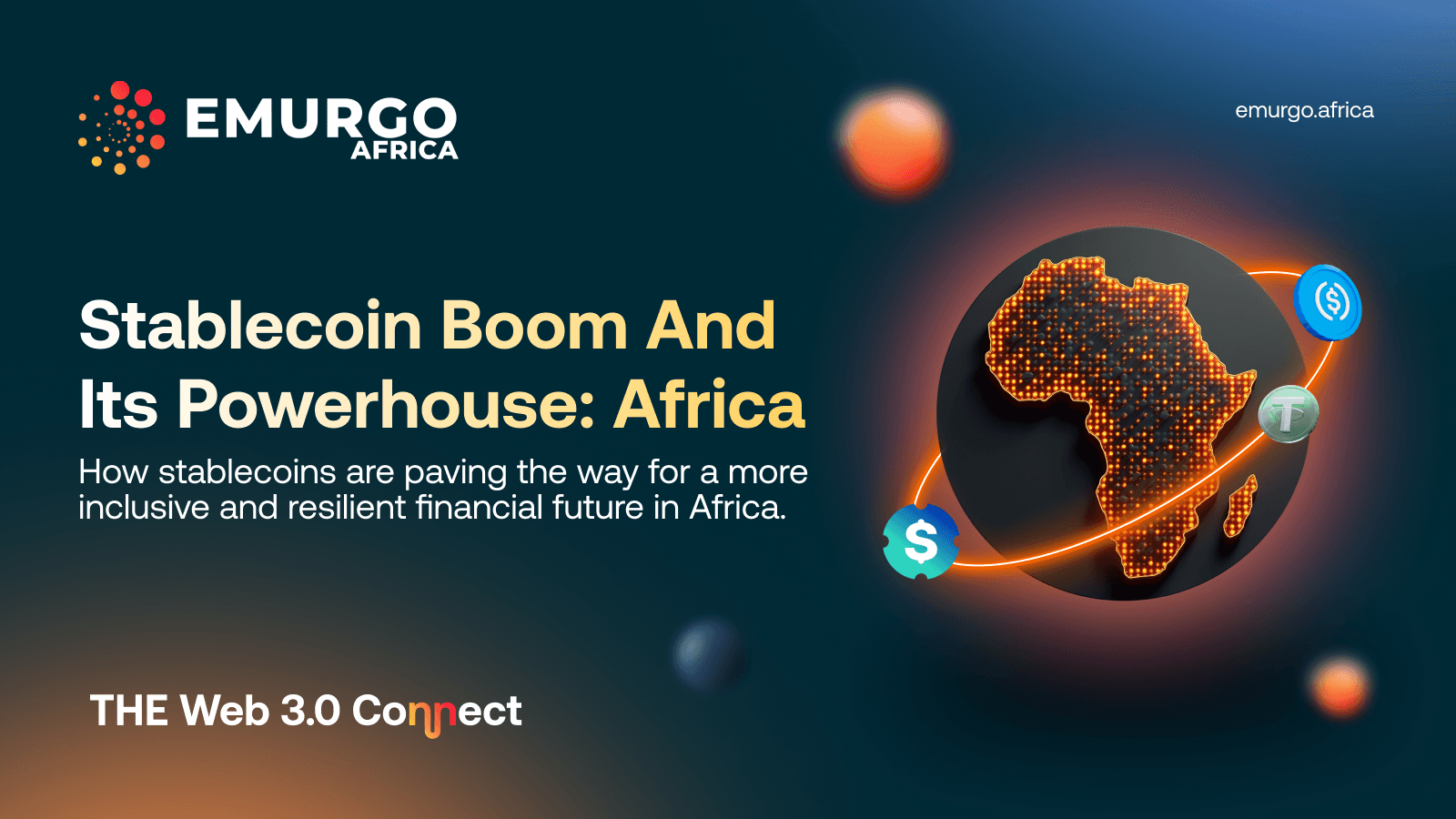Today, we cover the chapter 2, Effect of Financial Inclusion, of EMURGO Africa 2023 Q2 Report.
Blog posts related to EMURGO Africa 2023 Q2 Report:
Download Full Report
Digital Finance in Africa 2023
Blockchain Finance in Africa 2023
Hope you enjoy reading the articles!!
📊
Chapter 2 overviews what has been proven academically regarding the effect of financial inclusion on development measures. Also, the potential role of blockchain technology regarding the financial inclusion is proposed.
It is proven that the biggest positive development impact comes from 2 factors: having a savings account and making digital payment instead of cash. The effect of access to microcredit is, on the other hand, mixed at best.
As more blockchain financial services are available, we can examine the speed, cost, and safety of the decentralized finance compared to digital financial services. Blockchain also may contribute to having a savings account by an innovative automated saving schemes that have not been possible with digital solutions. Also, there is a potential to create an innovative scheme so that money of risk-taking crypto investors be accessible by vulnerable people in rural areas.
You can read below according to your interests for more detailed information and explanations. 👇🏾😄🌀
Table of Contents:
1. Effect of Financial Inclusion
This section is written by referencing Demirgüç-Kunt, Asli, and Dorothe Singer. "Financial inclusion and inclusive growth: A review of recent empirical evidence." World Bank Policy Research Working Paper 8040 (2017).
Since the FinTech hyped in African continent in the 2010s, there have been a large number of literatures analyzed the effect of financial inclusion on development measures. According to those literatures, the clear and the biggest positive development impact of financial inclusion comes from 2 factors: having a savings account and making digital payment instead of cash.
(1). Having a savings account
According to the literatures, when a savings account is provided, there are evidences of the followings.
In Kenya, the market vendors (mostly women)
- increased the value of savings;
- increased the value of private expenditure by 38%;
- increased the business investment by 60%.
In Malawi, the farmers
- increased the value of savings;
- increased the amount of agricultural output by 15%;
- increased the value of household expenditures by 11%.
In Nepal, the female household heads
- better cooperated with income shock;
- relocated expenditures by spending more on education and food and less on health and dowries;
- improved the overall financial situation.
(2). Making digital payments instead of cash
According to the literatures, when money is transferred by mobile money instead of cash, there are evidences of the followings.
For the disbursement of government social benefits,
- the overall travel and wait time reduced by 75% in Niger;
- the administrative cost decreased by 20% in Niger;
- the cost of disbursing lowered by 66% in South Africa;
- the cost of payment decreased annually by $1.3B in Mexico.
Additional evidences show that the digital payment instead of cash
- reduced the corruption in Argentina and India;
- provided low-income people with the better access to credits by generating the credit score using payment data in the US and Kenya;
- gave women better control over their own money in Kenya.
(3). Access to Microcredit
According to the literatures, the impact of access to microcredit on development measures is mixed at best.
The studies in Bosnia and Herzegovina, Ethiopia, India, Mexico, Mongolia, and Morocco showed the modestly positive but not transformative effects of microcredit as a development tool.
Findings also include:
- Group-lending for women increased the business ownership by 14%; increased the value of food and total consumption by 11%; had no income effect all in Mongolia; increased the investment in durable goods in India.
- Individual-lending led no effect in Mongolia.
- Microcredit helped existing business to expand, but no effect on entry, exit, or profits in India, Mexico, and Morocco.
- Consumer loans for marginally rejected loan applicants at high interest rates (200% APR) led to income increase in South Africa.

Open-air market in Meru; photo taken by author.
2. Potential Role of Blockchain
As more blockchain financial services are available, we can examine the following questions:
(1). Benefits of Financial Inclusion Through Blockchain Technology
Based on that the clear and the biggest positive development impact of financial inclusion comes from having a savings account and making digital payment instead of cash, it is meaningful to examine the following questions.
Q. Is there any innovative automated saving schemes that have not been possible with digital solutions?
Q. Do blockchain solutions provide faster, cheaper, and safer transactions compared to digital financial services?

The images are sourced from Canva.
(2). More Fundamental Question
More fundamental question relies on the features of the blockchain technology: the automated financial scheme and the capital pool created by the crypto investors.
Q. Could decentralized finance protocols create an innovative scheme so that money of risk-taking crypto investors be accessible by vulnerable people in rural areas?

The images are sourced from Canva.
I wish you enjoyed this chapter of EMURGO Africa 2023 Q2 Report! For downloading the full report, you can visit this page.
Have a great week ahead 👻💙
Follow EMURGO Africa for more information

EMURGO Africa invests and supports local Web3 projects in the region to adopt Cardano’s decentralized blockchain technology to build socially impactful solutions.
As a regional entity of EMURGO, the official commercial arm of Cardano, EMURGO Africa also runs a local Cardano accelerator in Africa, Adaverse, which accepts applications year-round.
For more up-to-date information on EMURGO Africa, follow the official channels listed below.
About EMURGO Africa
- Official Website: emurgo.africa
- Twitter: @EmurgoAfrica
- Telegram: https://t.me/emurgoafrica



